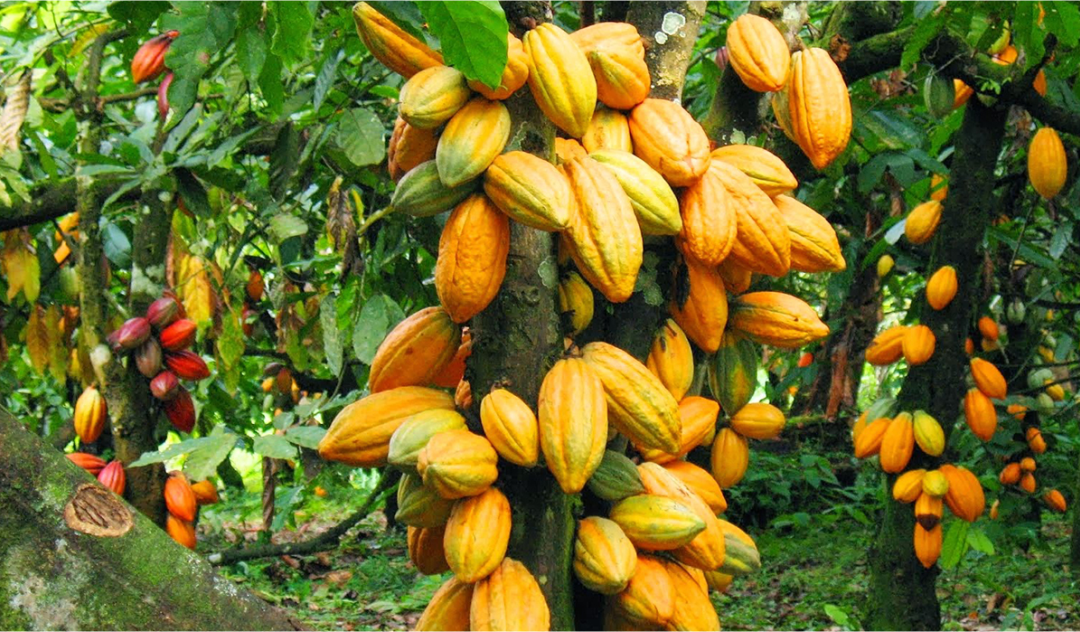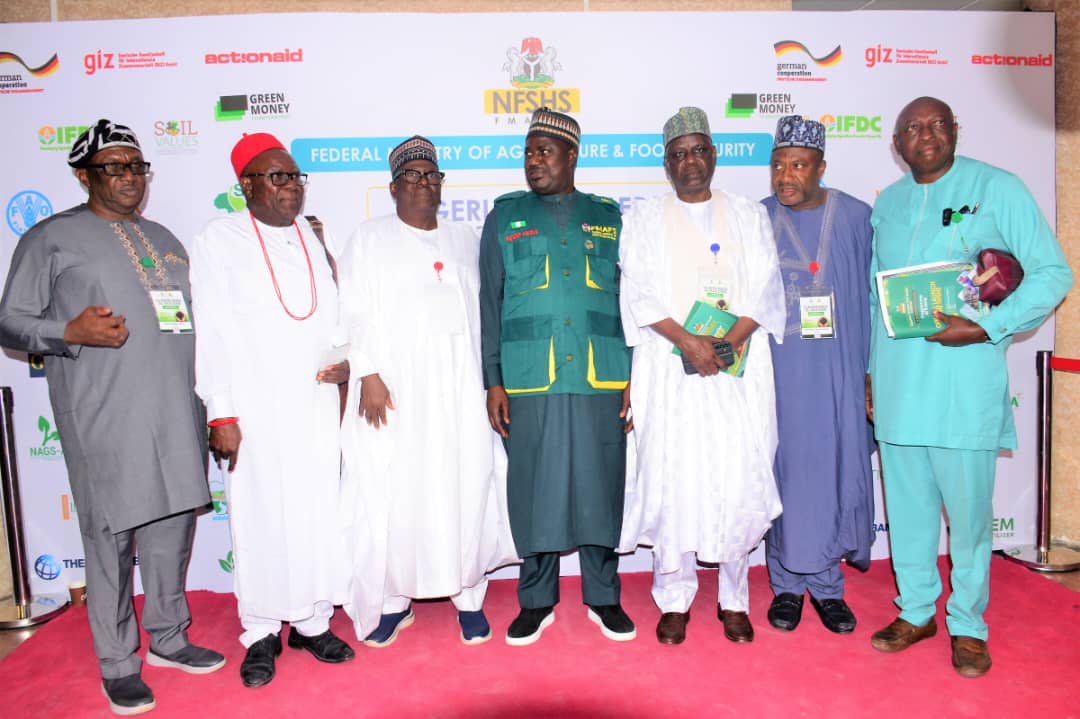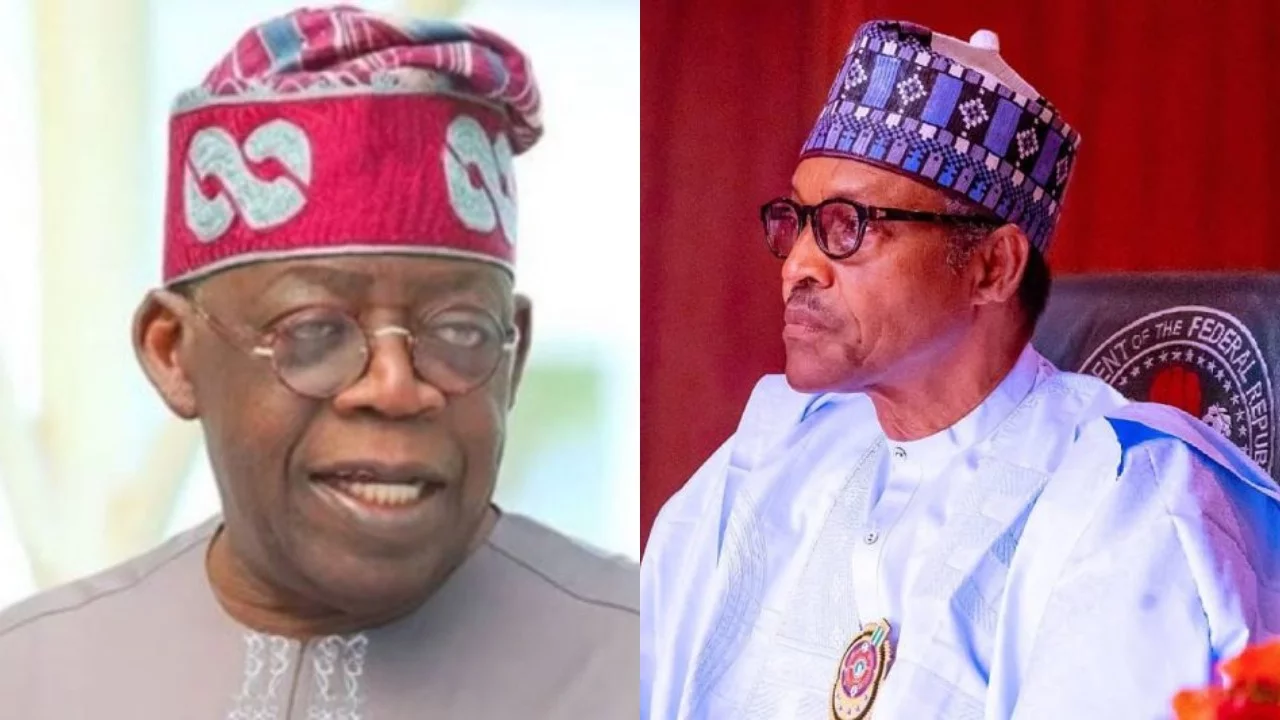The administration of President Bola Tinubu has said that it is planning to increase cocoa production to 500, 000 tonnes by next year. That pledge was made by Nura Rimi, Permanent Secretary, Federal Ministry of Industry, Trade, and Investments in a message he sent to the Pre-National Trade Dialogue Series Meeting held in Abuja. The theme of the meeting was “The State of Nigeria’s Global Trade Ecosystem: Bridging the Gaps for a Renewed Programme”. The message which was delivered on his behalf by Kaura Irmiya, the ministry’s Director of Commodities and Export, identified the critical role of cocoa in Nigeria’s economic development.
If that target is met, the country would have moved up from a production of 340, 000 metric tonnes achieved in 2022. On the face value, that would a great leap forward in the production of cocoa and the contribution of Nigeria to global efforts, where it currently ranks number. Rimi said, “Our cocoa exports have grown significantly, with a revenue increase of 50 per cent in 2022. We aim to increase cocoa production to 500,000 metric tonnes by 2025.
“Our investment partnerships have been instrumental in driving growth in various sectors of our economy,”
He was, however, silent on the challenge of getting the product sold in the international market, if Nigeria fails to meet the demand of the European Union to tackle the issue of deforestation in the areas where cocoa is grown.
Rabiu Olowo Executive Secretary and Chief Financial Officer of the Financial Reporting Council of Nigeria had raised an alarm recently, which was reported by Bushlink, that unless urgent action is taken, Nigeria may lose $20 billion revenue from cocoa in the next three years. This is because the country does not appear to be taking seriously the issue of afforestation of the land as there appears to be a rise in the number of people now engaged in cocoa farming.
Mr. Rimi also listed some other challenge facing cocoa farmers in Nigeria. These, he said, include insecurity, which in certain regions of the country could deter investments and hinder economic growth. That notwithstanding, he called for continued efforts to attract more investments, promote trade, and foster partnerships within the country.












